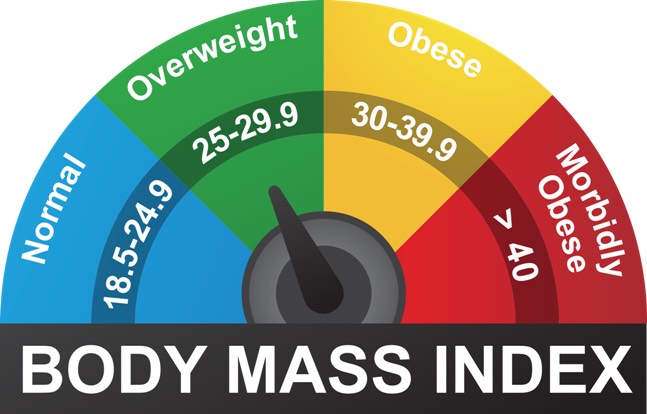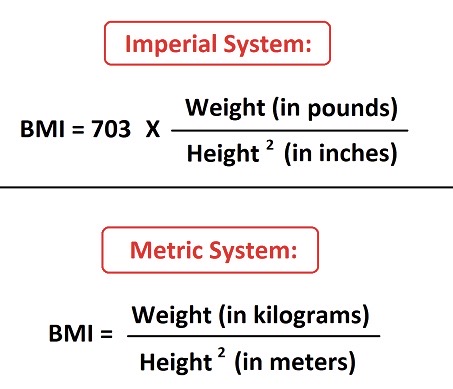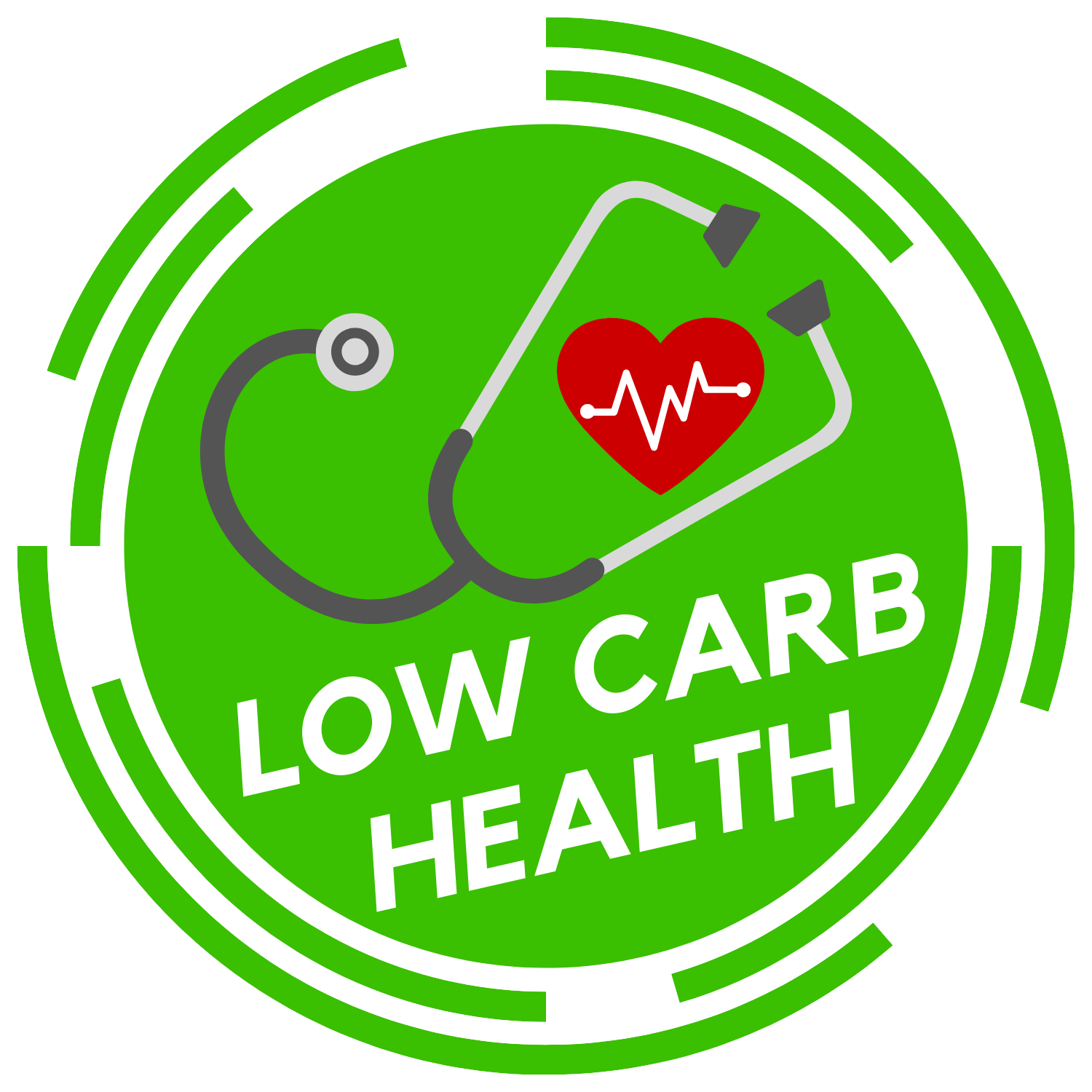IF you are fat, overweight or obese, is there a chance that you are still healthy? Or is it always the case that being overweight or obese is a big health risk? Especially for heart attack and stroke? I often encounter this question every now and then from my patients, and from everyone else! In this blog, I will answer this question as best as I can. So keep on reading!
THE METABOLICALLY HEALTHY (MHO) vs. METABOLICALLY UNHEALTHY (MUO) OBESE
Have you heard of this term called MHO or metabolically healthy obese? If you haven’t, now you know! So you might ask: If there’s an MHO, would there also be an MUO or a metabolically unhealthy obese? In answer to that: YES, both MHO and MUO are currently accepted terms in the medical community. But I have to tell you this ahead: there are a whole lot more metabolically unhealthy overweight or obese individuals as compared to the metabolically healthy ones!
So what is an MHO? Being a metabolically healthy obese refers to a subset of individuals who are classified as obese based on their body mass index (BMI), but do not exhibit the typical metabolic abnormalities associated with obesity - such as elevated blood sugar levels due to insulin resistance, high blood pressure, dyslipidemia or abnormal blood lipid levels especially that of the triglycerides, and thus are not expected to carry a corresponding increased risk of cardiovascular disease.
THE BODY MASS INDEX (BMI)

But first things first - let me explain to you a little bit about this thing called BMI.
BMI stands for Body Mass Index. It is a measure of body fat based on a person's weight and height. To calculate BMI, the weight in kilograms is divided by the square of the height in meters.

BMI is commonly used as a screening tool to assess whether an individual has a healthy body weight for their height. It provides a general indication of whether a person is underweight, of normal weight, overweight, or even obese. The categories defined by BMI ranges are as follows:
- Underweight - with a BMI less than 18.5
- Normal weight - with a BMI between 18.5 and less than 25
- Overweight - with a BMI between 25 and less than 30
- Obese - with a BMI 30 or higher
While BMI is a useful initial assessment tool, it does have some limitations. It may not be accurate for certain individuals, such as athletes with high muscle mass or older adults who may have lost muscle mass. However, I will not dwell much about that in this podcast episode.
SO WHAT IS MHO?
The concept of metabolically healthy obesity is still a topic of debate among researchers and medical professionals. Traditionally, obesity has been considered a significant risk factor for various metabolic disorders and chronic conditions. However, it has been observed that for a certain subset of these obese individuals, they seem NOT to develop these metabolic complications.
To be classified as metabolically healthy obese, an individual has to have a BMI of 30 and above. FURTHERMORE, that individual should also undergo a comprehensive metabolic assessment - including measurements of blood pressure, fasting glucose, lipid profile, and insulin sensitivity. If these metabolic markers fall within their normal ranges despite having excess body weight, either falling within the category of overweight or obese, that person may be considered to be metabolically healthy overweight or obese.
PARAMETERS FOR MHO
In this article published in the journal Endocrine Reviews last June 2020, it has been noted that MHO may be considered given the diagnosis of obesity with a BMI of 30 or higher, as well as the absence of any of the parameters included among the criteria for Metabolic Syndrome as defined by AHA and the NHLBI. So that means they should have:
- Fasting serum TG <150 mg/dL
- HDL-C >40 mg/dL for men and >50 mg/dL for women
- BP < 130/85 mmHg
- FBS <100 mg/dL
- No medications for dyslipidemia, diabetes or hypertension, as well as
- No manifestations of cardiovascular disease

In other words, another way of looking at this is that an MHO is somebody who is above his/her normal weight for height, but is not metabolically unhealthy enough to qualify for the criteria of Metabolic rome.Synd
Compared to individuals with metabolically unhealthy obesity (MUO), people with MHO have lower levels of fat in the liver and the viscera or inside the abdominal cavity and with the fats usually located subcutaneously in the legs. They have greater physical activity and corresponding cardiorespiratory fitness, are still insulin-sensitive, have lower inflammatory marker levels such as high sensitivity C-reactive protein or hsCRP, as well as normal adipose tissue function.
MHO cannot be just ideally disregarded altogether because from studies, its prevalence seems to be like anywhere between 10-30% of people depending on age and gender.
From all indications, it looks like being a metabolically HEALTHY obese most likely is but a transient phenotype, and it is still highly indicated for them to aim for weight loss since even though their risk for developing cardiometabolic diseases such as hypertension, heart attack and stroke may be lower compared to a metabolically UNHEALTHY obese, it still is HIGHER compared to lean people who are metabolically healthy.
METABOLICALLY HEALTHY OBESE INDIVIDUALS ARE STILL AT RISK!


Again, it is important to note that the term "metabolically healthy obese" does not mean that these individuals are entirely free from health risks. While they may have a lower risk of immediate metabolic complications, they still have an increased likelihood of developing health issues in the long term compared to individuals with a normal weight. Furthermore, the criteria and definition of metabolically healthy obesity can vary among studies, and the concept remains an area of ongoing research.
HOW IS YOUR BMI TODAY?
So, what is your current body mass index or BMI? Are you obese with a BMI of 30 or higher? Or perhaps is it 25 or above and you are already overweight?
I suggest you should go figure out what your BMI is. At the very least, it will give you an idea where you are now in terms of your weight, and where you are possibly headed.
Then, if you realize that you are already on the upside, or worse, you might already be way far above what is supposed to be your normal weight, then I highly recommend that you do a metabolic workup. Based on statistics, more often than not, you would already be probably metabolically UNHEALTHY!
BUT if it so happens that you find yourself still qualifying for the criteria of being a metabolically healthy obese or an MHO, then I still recommend that you don’t take that for granted and instead, find a way to lose some weight and if possible, to go back to what is ideal for your height. In this aspect, therapeutic low carb nutrition would be very helpful.
Also watch out for your waistline! You might already be qualifying for abdominal obesity or visceral adiposity based on Metabolic Syndrome criteria!
It would be very helpful if your doctor is aware of the Metabolic Syndrome as well as the differences between an obese person who is healthy or unhealthy from metabolic criteria. Furthermore, finding a doctor who knows about low carb high healthy fats nutrition would indeed be an added plus.
If your doctor seems to be not that much aware about it, then it might perhaps help if you share my YouTube videos and podcasts as well as the LowCarbHealthMD.com website to them and also to your own family and friends. Aside from what I’m doing here, there are also other doctors advocating in this space - you just have to Google “low carb doctors”!
“This is the new medicine which is going to take 30 years to be accepted. But as far as your health is concerned, you better accept it today. You haven’t got 30 years to wait for medicine to catch up.” - Dr. Tim Noakes, MD, PhD
If you’d like to support my Metabolic Syndrome awareness advocacy, you can go Buy Me A Coffee through https://www.buymeacoffee.com/LowCarbHealthMD. I certainly would appreciate that gesture a lot. Let’s all #FightMetabolicSyndrome and let’s go Livin La Vida LowCarb!




Comments ()